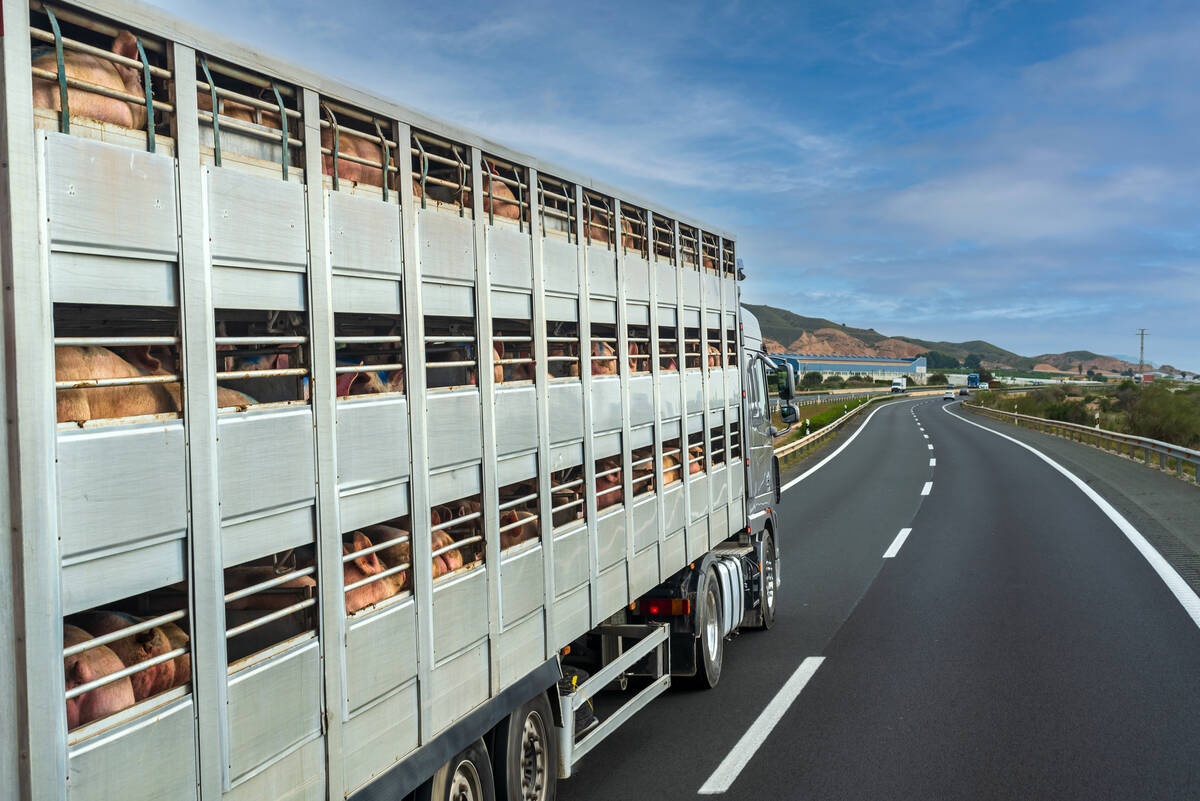Prenatal nutrition is critical along with weight gain to ensure enough nutrients are reaching the fetus and the mother
Cattle producers know cows have to be managed properly to produce a vigorous calf.
New research is also showing added minerals beyond normal requirements improves the pregnancy’s chances of success, said animal scientist Reinaldo Fernandes Cooke of Texas A & M University.
“The nutritional management of cows in gestation has a direct impact on calves in-utero and on calf production after it is born. This is fetal programming,” he said during a recent webinar sponsored by the National Cattlemen’s Beef Association.
The fetus depends completely on the dam for energy, protein, fatty acids and minerals.
Read Also

Hogs’ transport stress called costly
Poor trailer design and transportation stress are killing pigs and costing the pork industry millions of dollars in penalties, meat quality downgrades and failed welfare audits, according to research by a federal scientist.
Prenatal nutrition is critical along with weight gain to ensure enough nutrients are reaching the fetus and the mother. It can be difficult to help a cow gain weight during the first trimester of pregnancy. Weight gain is most effective after her calf is weaned and milk production dries up.
Cows that gained body condition scores during gestation weaned heavier calves compared to those that were always at a static size. If they are gaining condition, it means there is enough for the fetus to grow and the cow to maintain itself.
Trace mineral supplements for gestating cows are often overlooked.
Zinc, cobalt, manganese and copper are essential for fetal development and are available in inorganic sulfates or organic forms.
“We don’t know a whole lot about the importance of those specific trace minerals but we know they have significant impacts on fetal development and performance after birth,” Cooke said.
Some of his research tested gestating beef cows with different levels of supplementation on standard type diets. Inorganic and organic supplements similarly improved the trace mineral status of the cows. Organic minerals were transferred better to calves during gestation.
Organic minerals increased weaned calf value by about $70 with an extra feeding cost of $3 per cow throughout the feeding period. Inorganic minerals were cheaper at about $2 per cow and offered a $32 increase in calf value, according to Cooke’s figures.
Copper and zinc affect immune systems, and those calves with higher levels had less respiratory illness. They also had heavier carcasses.
Researchers do not know the requirements of specific fatty acids for beef cows but research shows there is a positive effect. Those receiving extra fatty acids like omega 3 and omega 6 produced calves with similar birth and weaning weights as the control group.
However, those calves in the feedlot tended to gain better with larger carcasses by 35 pounds and greater marbling compared to those in the control group.

















